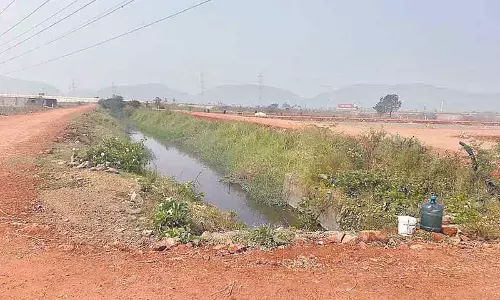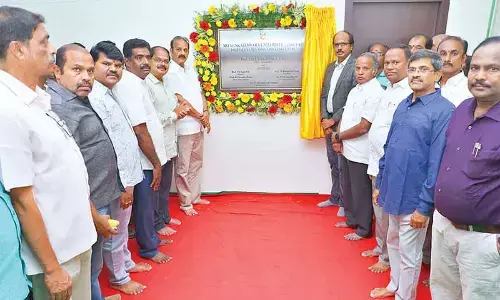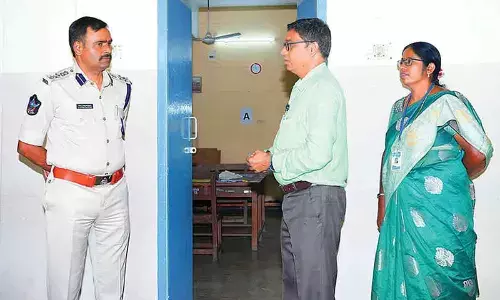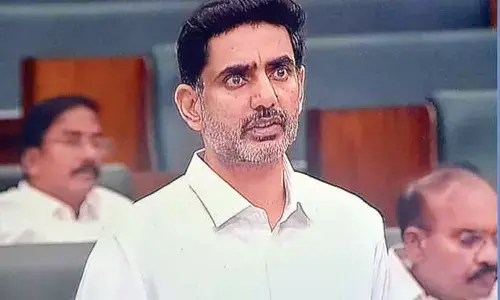Long COVID: Still no treatment options
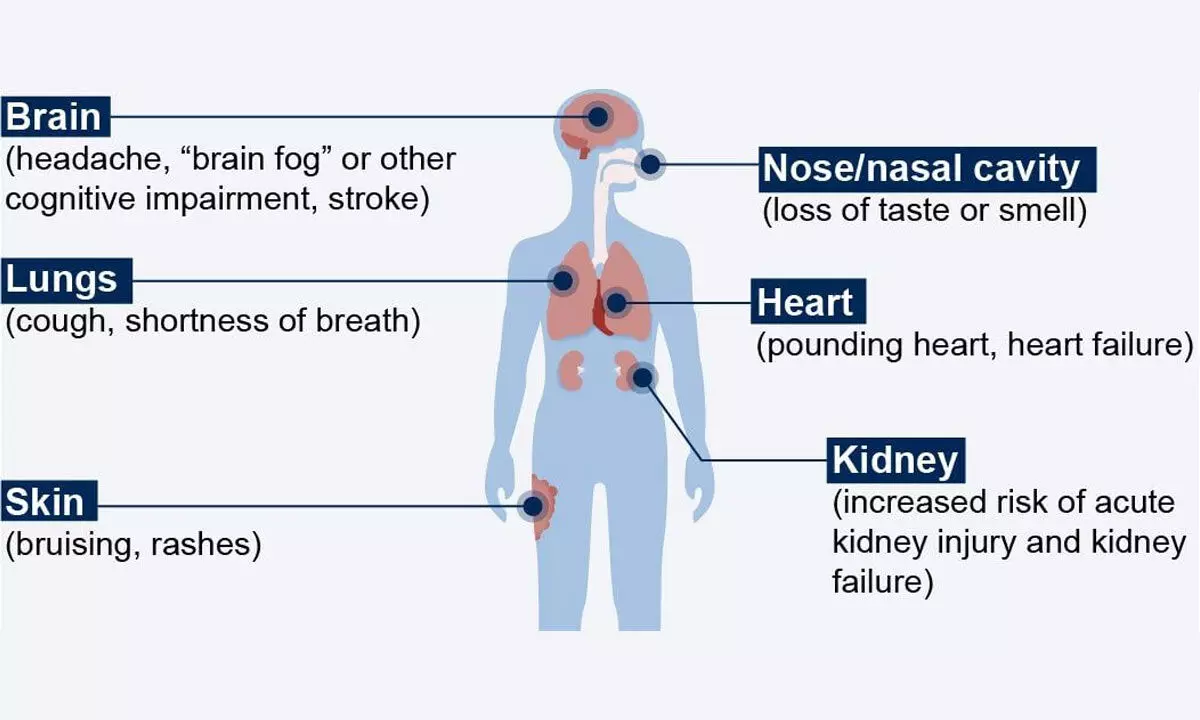
Long COVID: Still no treatment options
A recent investigation published by the British Medical Journal revealed that long COVID patients are travelling abroad to seek expensive "blood washing" treatment. This experimental treatment – the medical name for which is apheresis – involves taking blood from the body and "filtering" it.
A recent investigation published by the British Medical Journal revealed that long COVID patients are travelling abroad to seek expensive "blood washing" treatment. This experimental treatment – the medical name for which is apheresis – involves taking blood from the body and "filtering" it. Essentially, when blood is spun quickly in a centrifuge, it separates into layers. You can then either filter out specific components or remove some layers and replace these with more desirable fluids. The blood is then returned to the body through another vein.
Apheresis can be effective for some conditions like sickle cell disease, where abnormal red blood cells can be removed, and leukaemia, where the patient can have white cells removed and even receive white cells collected from a healthy donor. As a treatment for long COVID, apheresis is proposed to filter out circulating factors in the blood that are involved in inflammation and clotting. It has yet to be proven effective in any meaningful trial in this context, and is not without risks. Nonetheless, it's getting a lot of attention, especially driven by social media. But who can blame long COVID patients for pursuing experimental and unproven treatments?
We have failed to fully define the spectrum of disease contributing to long COVID. More disappointingly, we have failed to start good-quality trials of potential long COVID treatments. There is an empty space worldwide where there should be a huge, co-ordinated effort. A public health disaster is emerging. As we come to understand the medium and longer-term health problems many people are facing after COVID-19 infection, it's akin to watching a car crash unfold in slow motion. In the medium term, we're seeing a modest but real increase in blood clots (these are not microclots but normal clots visible on traditional imaging). We're noticing this even in patients who weren't hospitalised with COVID-19. Meanwhile, new diagnoses of conditions like diabetes are more frequent in patients who have recovered from the virus.
During the first year of the pandemic, more than one in four patients who survived hospital had died or were back in hospital within the first few months of being discharged. Although vaccines are likely to have helped, we still don't know if this has changed in more recent waves. If these trends continue, health services are looking at a double whammy of patients needing care during their initial infection, then these patients' ongoing and significant healthcare requirements down the track. All of this is before we've even got to the challenge of treating long COVID. We don't have an accurate handle on how many people are affected, partly due to the lack of standardised definitions and diagnostic criteria.
The impact cannot at present be underestimated. Now, patients are taking increasingly desperate measures in hope of seeing some improvement to their chronic symptoms. Apheresis is not the first purported panacea, and it won't be the last. We need trials Many of the leading proponents of unproven treatments like apheresis will tell you that we just need to start treating patients with long COVID; that there's no time to run clinical trials – and that trials are not needed anyway as anecdotal evidence is powerful.
I heard that same argument about treatments for COVID-19, often made by the same people, at the start of the first wave. This was proven to be the wrong approach. Treatments touted as promising early on – such as hydroxychloroquine and ivermectin – were later shown to be ineffective. Therapies like dexamethasone and tocilizumab, meanwhile, have been proven to save lives in rigorous trials and have altered the course of the pandemic. Both in the realms of vaccines and antiviral treatments, we have proven we can run trials at scale and pace in the pandemic. But right now we're not applying these lessons to long COVID.
My colleagues and I have set up the HEAL-COVID study, which has recruited more than 1,000 people who have been hospitalised with COVID-19. We're aiming to identify possible treatments that could improve longer-term outcomes for these patients, and ideally prevent the onset of chronic health problems. However, when we get further down the road and look at established long COVID, research in terms of treatment is currently sparse.
Trials for long COVID treatments are indeed complex due, among other factors, to the broad range of symptoms and ideas about what might be driving them. But this complexity is not insurmountable. If we don't invest resources and funding to get these trials done, many people will be exposed to unproven treatments at great expense and with possible harms. And at the end of it, we still won't know if any of them actually work. The burden on healthcare systems, not to mention people and families, will be enormous.
(Writer is a Lecturer in Translational Respiratory Medicine, University of Cambridge; Courtesy: The Conversation)



